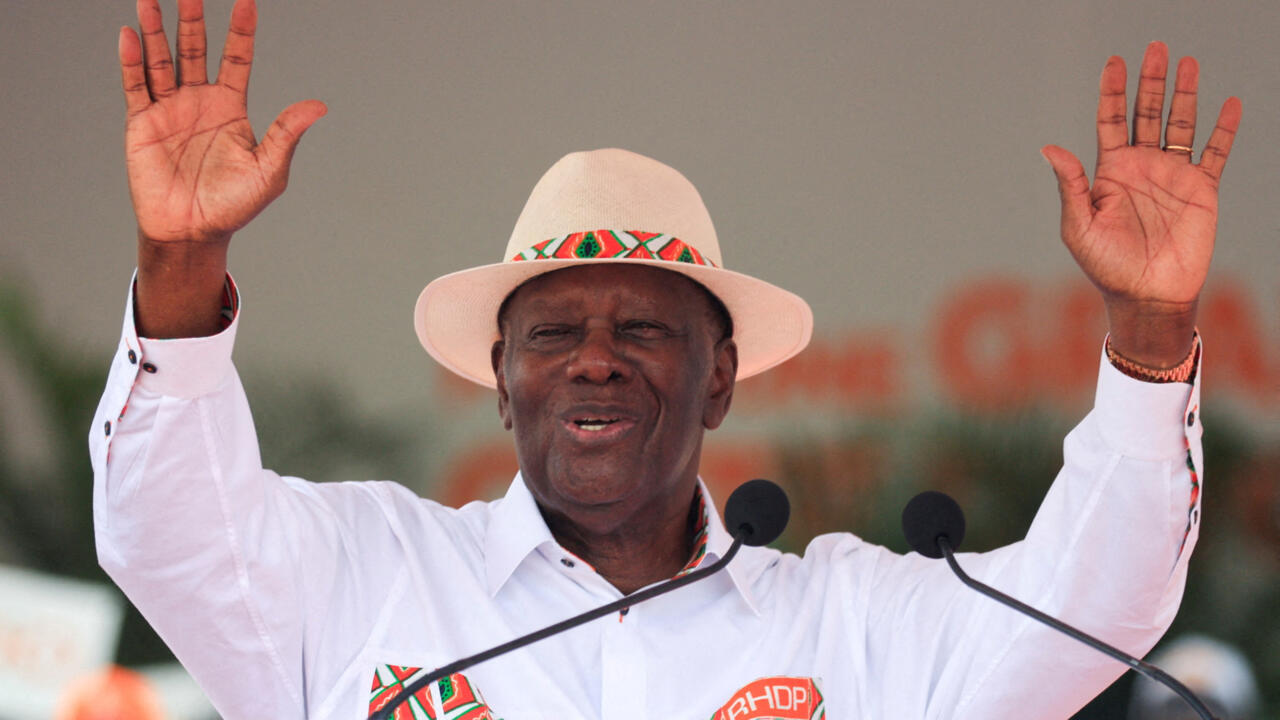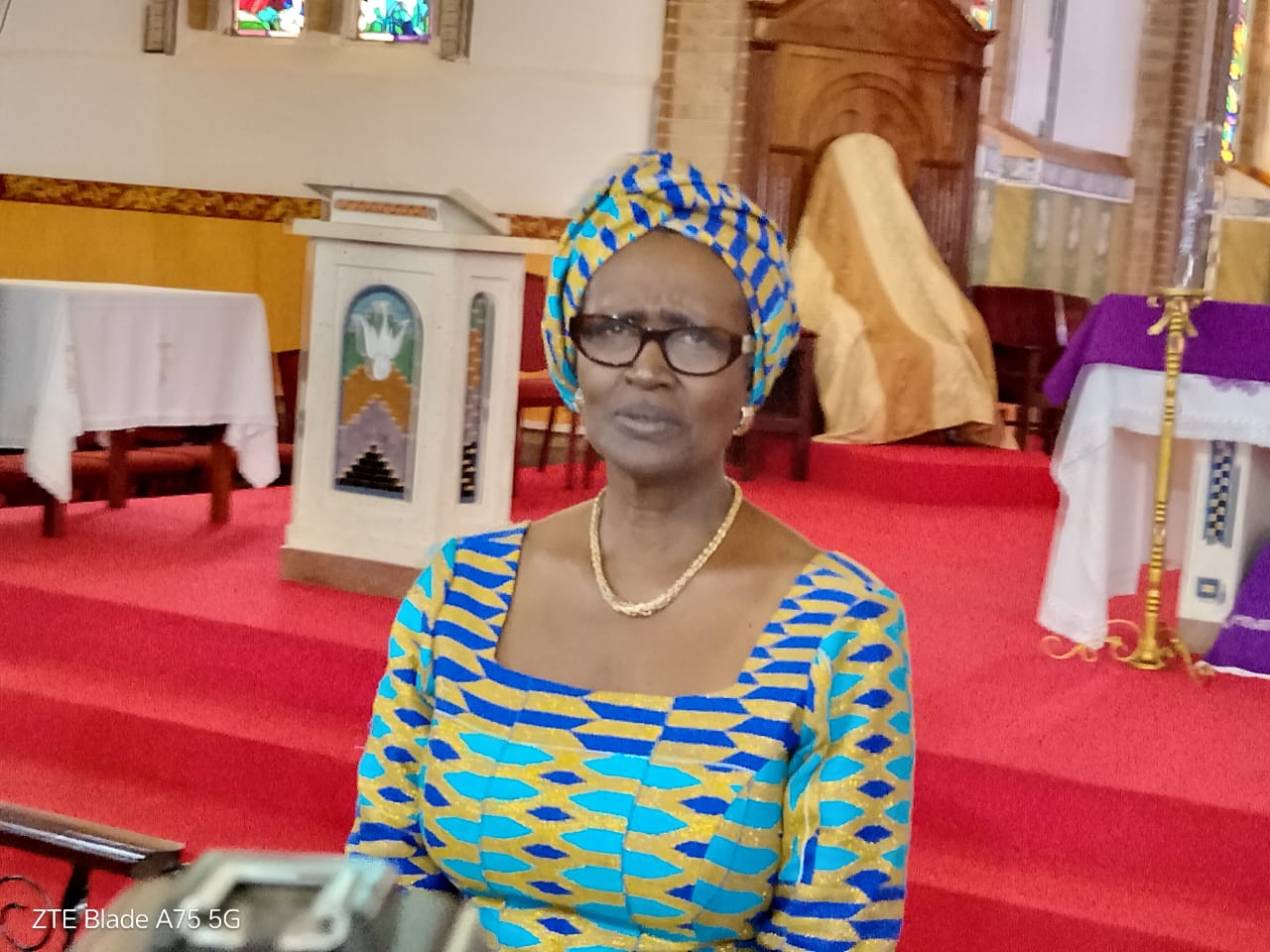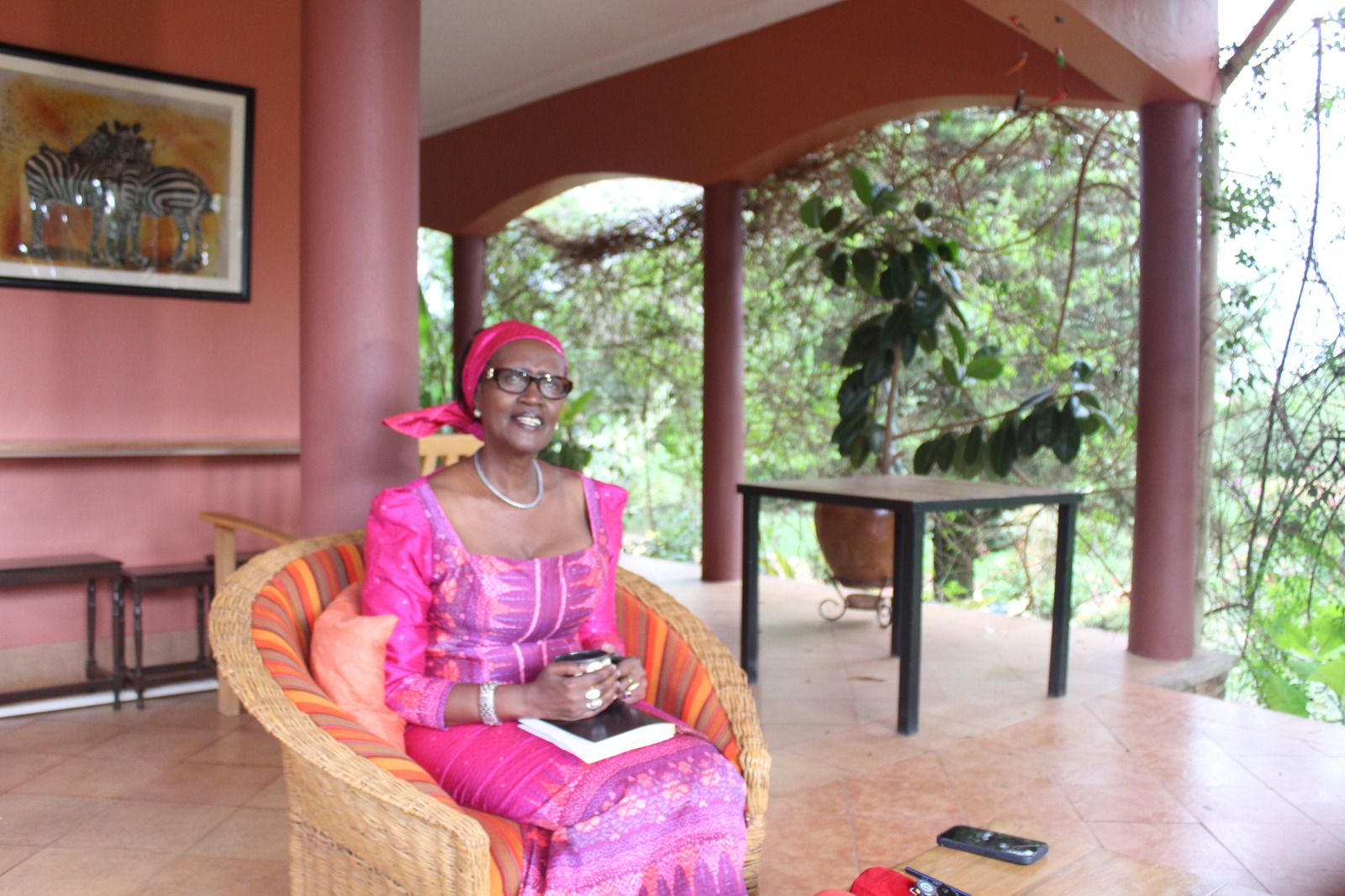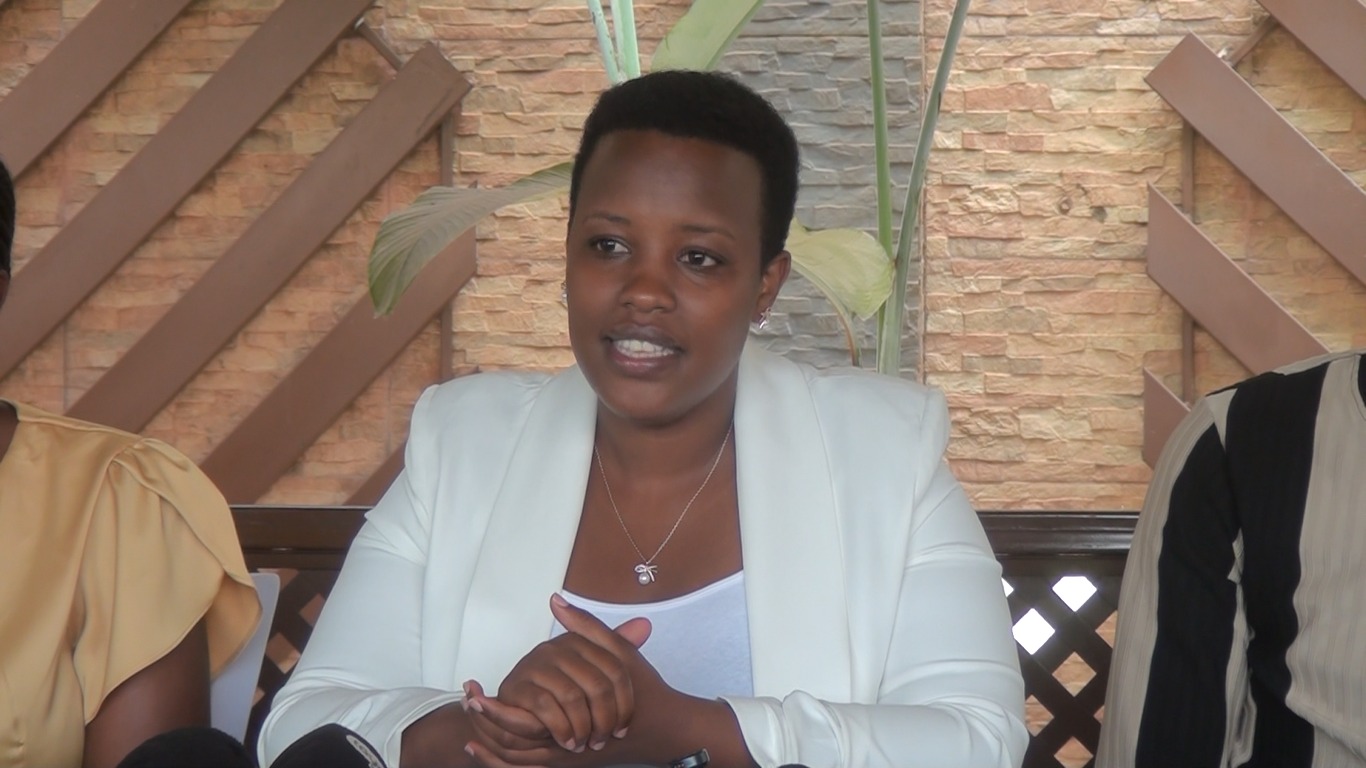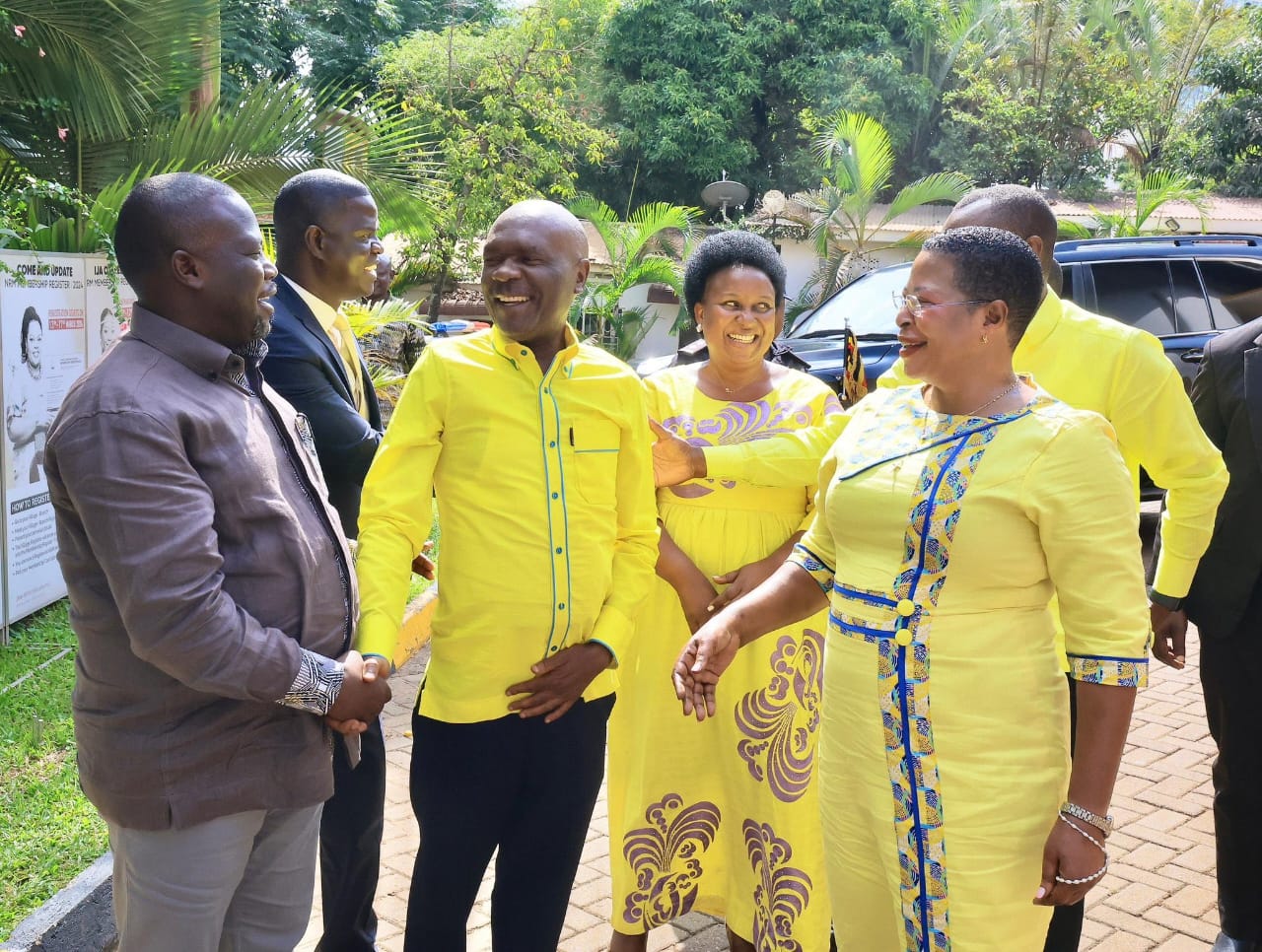Interesting developments are happening in the field of elections in many parts of Africa this month. Some point to an intriguing direction incumbents are taking, be it in the Ivory Coast, Cameroon, Tanzania or even Uganda.
In Ivory Coast, President Alassane Ouattara has been declared the winner of the presidential election, with a landslide. Provisional results announced by the Independent Electoral Commission (CIE) on Monday indicate that the 83-year-old incumbent has already secured nearly 3.8 million votes, or 89.77%. A fourth term of office in the bag.
But to get this big win, President Ouattara had to carefully choose his opponents. He ran against four lesser-known candidates whom he “beat” thoroughly. Opposition heavyweights, including former president Laurent Gbagbo and Tidjane Thiam were barred from contesting. It’s like organizing a game of football but choosing which specific team to play against and how they should tackle you.
Still in West Africa, there were protests on the streets of cities and towns in Cameroon, yesterday. This is how the announcement of the presidential election results was received.
Cameroon held a presidential election on October 12, with incumbent, Paul Biya, as one of the candidates.
After a long weight, the country’s election governing body announced Biya, in power for 43 years, as the winner. At 92, he will soon begin his eighth term, which could keep him in power until he turns 100.
Onto East Africa. As Tanzanians go to the polls tomorrow, Wednesday, to elect a new president and members of Parliament, all indications show that the exercise is ritualistic. The main opposition leader, Tundu Lissu, is in jail on treason charges.
As if having him in jail is not enough, Lissu has been put under isolation in the prison and is subjected to a round-the-clock surveillance system.
Another election, another opposition leader barred. It will be nothing more than a ritualistic coronation for President Samia Suluhu Hassan.
Lissu has been quoted as lamenting: “My cell is now fitted with surveillance cameras that record everything I do — even when I relieve myself or change clothes…I no longer have any privacy whatsoever. This is not a matter of security; it is a deliberate act meant to humiliate my human dignity.”
Lissu is not the only candidate barred from running in the elections. There’s Luhaga Mpina of the ACT-Wazalendo party who too was blocked. This left President Hassan to compete against opponents from smaller parties.
To the north of Tanzania, Uganda will hold her own general elections on January 15. Any parallels?



